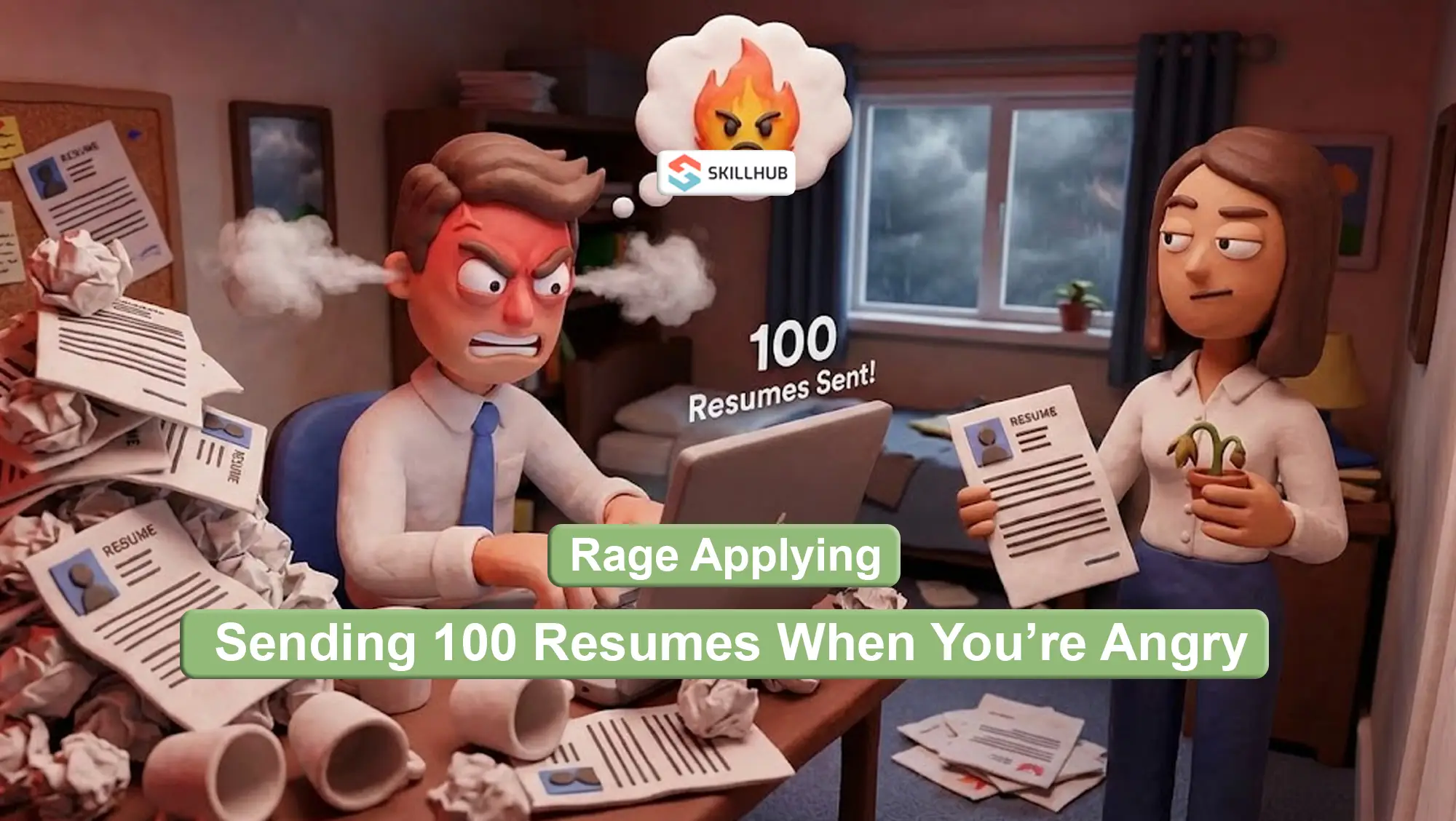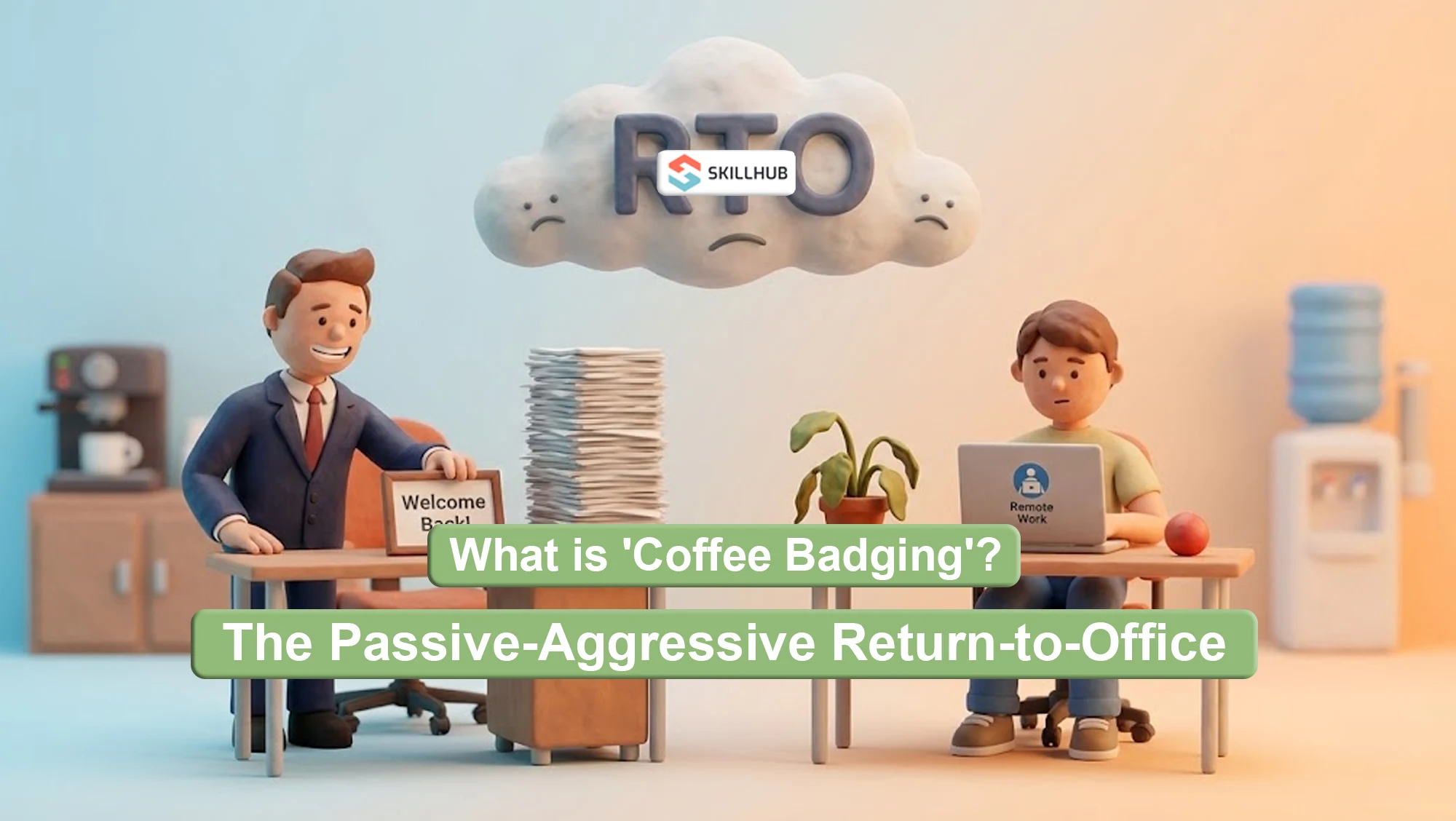What are your greatest strengths?

We all have faults. But how to make interviewers and employers think of you as the best job candidate ever? By learning how to answer the ‘what are your greatest strengths and weaknesses’ question, you maximize your interview chances.
Check this article to find:
- What can your strengths and weaknesses be;
- How to answer questions on your strengths and faults without sabotaging your job search.
Need a bot-beating resume? Reach out to our professional resume writers, and let’s win your dream job together!
Reason Why a Recruiter Wants to Know Your Weaknesses and Strength
So, you brought your strengths for job interview, and you might be confident in how to present them to the recruiter. But why does a recruiter want you to bring at least one weakness for job interview and talk about it?
- Self-awareness. A recruiter needs to know what you think about yourself in your own description. Because being self-aware implies an ability to accept criticism and grow;
- Authenticity. A recruiter wants to know what differs you from other job-seekers;
Compatibility. A recruiter needs information on your personal qualities, like a summary of qualifications, to find whether you’re a team player.
Strengths and Weaknesses List
Ironically, self-awareness is a way to stand out among other applicants and maximize your chances to succeed during the hiring process.
Check the strengths and weaknesses examples to consider below.
Examples of Strengths
Your strengths might be related to the technical skills required for the job. For instance, applying for a job as a psychologist will include emotional intelligence and active listening as a part of your strengths interview.
The universal strengths to mention might be as follows:
- Being respectful to others;
- Being able to engage in public speaking and persuade others;
- Being self-organized and self-disciplined;
- Being an active listener;
- Showing perseverance or being determined to continue when others are ready to quit.
Weaknesses for Job Interview
Your ‘weaknesses interview’ might be purely subjective. The main idea here is to avoid talking about weaknesses that might somehow interrupt your workflow. For instance, mentioning your fear of public speaking if you’re applying for a position of manager is a no-brainer. Stay competitive with other candidates!
Possible weaknesses to mention are as follows:
- Being naturally shy and reserved;
- Being a procrastinator;
- Being an industry changer or an entry-level specialist;
- Being a self-critical person.
‘What are Your Weaknesses?’ Answers
So, how to answer that tricky ‘what are your weaknesses’ question? With honesty! However, make sure to turn your weaknesses into strengths because the role of this question is to show your self-awareness and ability to change and adapt. How to do it? Let’s say you’re a procrastinator. Mention that despite being a procrastinator, you do your job according to requirements and in a short time. This means you’re a stress-resistant professional who can react quickly to changing circumstances.
Examples of Weaknesses: Shyness
Shyness is one of the most harmless weaknesses to mention. However, it can be the greatest weakness on the career road to getting a job in ‘people’ industries like hospitality. How to present shyness in the best light?
- Tell the recruiter that your shyness makes you think twice before talking to someone. This means you’re polite and won’t cause conflict;
Shyness goes hand in hand with active listening. When working with clients, you’re attentive to detail yet increase customer satisfaction with the business.
Examples of Weaknesses: Procrastinator
Let’s be honest. Procrastination is one of the worst weaknesses to say in an interview. Especially if the job you’re applying for is all about rigid schedules and deadline-driven workflow. How to make procrastination your best friend during the job interview?
- Mention that as a procrastinator, you’ve got a stress-resistant mindset and can deal with change easier than others;
- Procrastination means that you naturally react quicker to the changes around you;
- It also means you’re ready to make quick decisions if unexpected twists occur.
Weakness in Interview: a Fresher in the Field
Everyone was a specialist with an entry-level cover letter what they entered an industry for the first time. Being a newbie might be the greatest weakness interview question if the recruiter needs a candidate with experience. Unfortunately, most posts for jobs require at least one year of experience.
- Tell the hiring manager of your learning capabilities. Mention that last time when you acquired skills in the short term;
- Focus on growing as a specialist in your previous work field. In other words, tell the recruiter about your career.
Examples of Weaknesses: Perfectionist
Again, not the scariest feature to mention during the ‘weaknesses job interview.’ A recruiter might even be flattered to hear about this quality. All because being a perfectionist implies being attentive to details and following deadlines. Who doesn’t want an applicant that is overfocused on the quality of their work?
- Sometimes perfectionism means procrastination, which is a flaw in ‘quantity-driven’ and process-focused fields like selling items;
- Mention that perfectionism is all about professional development. Talk about the management courses you once started to upgrade your qualification.
Weaknesses Examples: Self-Critical
Self-criticism means self-awareness. Not the worst characteristic to mention during the ‘weakness interview.’ Self-criticism is related to perfection we’ve already discussed earlier.
- Self-critical employees are the ones to look at their achievements and find how to maximize them. The same goes for skills improvement;
- Being self-critical means that once you see a problem, you’re ready to search for the solution;
- Also, tell the recruiter that you’re self-reliant yet don’t need others to provide you support on your professional journey.
How to Answer ‘What are Your Strengths?’
Talking about your interview strengths might sound easier than presenting your poor qualities. However, showcasing your strengths with extreme confidence might go along with boastfulness. No recruiter wants to hire candidates with exaggerated self-confidence.
When talking about yourself, stay close to reality. Don’t exaggerate your strengths and mention only the ones that are required for the job. If your desired job implies communication skills, there is no need to focus on qualities that are not job-related. You can add them later when the hiring manager asks you for more details on your strengths.
What are Your Strengths: Emotional Intelligence
Emotional intelligence tops all ‘what is your greatest strength answer samples’ questions. This quality is important in all jobs, especially ones that entail working with people. Being empathetic means that you can relate to other people’s emotions and can understand the reasons for their actions.
- When talking about your emotional intelligence, emphasize your interaction with a customer or how you solved a work conflict;
- Emphasize your active listening since the latter always goes with emotional intelligence.
Strengths Examples: Technical Skills
‘Can my strengths be technical skills?’ Sure, they can. Oftentimes, the term implies the core skills required for the job in a particular company. Other times, tech skills are all about computer literacy and your ability to achieve quick results.
- When talking about your tech skills as core skills, choose a few of them to emphasize your excellence as a professional. If you’re a copywriter, focus on your linguistic knowledge rather than verbal communication;
- Mention your ability to work with the software if you use the term in ‘computer skills’ meaning.
What are My Strengths: Leadership and Collaboration
These qualities are a great answer to the ‘What is your greatest strength?’ question if you’re applying for a position in management. Yeap, being able to lead a team of people and making sure teamwork brings successes to the company is one of the strengths for interview to focus on.
- Tell the recruiter about the strategies you’ve used to bring success to the team;
- Emphasize your organizational and leadership skills and time management;
- Talk about the teamwork strategies you’ve used as a part of the collaboration with others;
- Emphasize your active listening and how you solved the workplace conflicts.
Strengths Examples: Organizational Skill
‘Can I talk about organizational skills as a part of my strengths and weaknesses?’ Sure! You can even tell a story that taught you a lesson on self-organization.
Being able to organize your work is a part of any job, just like being able to communicate your needs and fears to the employer. When talking about your organization and self-discipline, make sure to mention your ability to follow deadlines. You might even talk about the hacks you use to stay organized or how self-organization motivates you.
What is Your Strength: Perseverance
One of the best answers from our expert on same day resume writing service to the ‘What are your strengths interview question.’ Why so? Because perseverance is all about motivation, self-reliance, and hope for the better. Oh, don’t forget stress resistance. Being tenacious means being able to overcome challenges and keep going when no one believes in the project's success.
When talking about your perseverance, provide details about how you solved a problem that no one believed could be solved. You’ll surely get great feedback from the recruiter.
Tips on How to Prepare Yourself for These Tricky Questions
The best advice from Skillhub experts on transitioning from one company to another is to remember that everyone has strengths and weaknesses.
- Turn your relevant skills into your strengths;
- Focus on your ability to adapt to new work culture and surroundings if you’re an industry newbie;
- Tell a story about how your skills allowed you to become successful when you’ve worked for the previous company or any other employer.
What are Your Greatest Strengths and Weaknesses: Final Thoughts
Everyone is special about their strengths and weaknesses. Being self-aware of your strengths and faults will maximize your chances of getting hired and will shed light on your advantages as a candidate.
- During your strengths and weaknesses interview, don’t feel ashamed of your faults. The key is to turn them into your strengths;
- Make sure your strengths match the basic skills requirements in the job description;
- Don’t be afraid to answer the recruiter’s questions with honesty, whether it’s a story of triumph or failure;
- Stay true to yourself. Sure, there are features that anyone can relate to. Hence, try to mention features that define your personality.
Eager to win a job interview? Contact our online resume writing services, and let’s springboard your career together!
%20(1).png)



%20(1).webp)